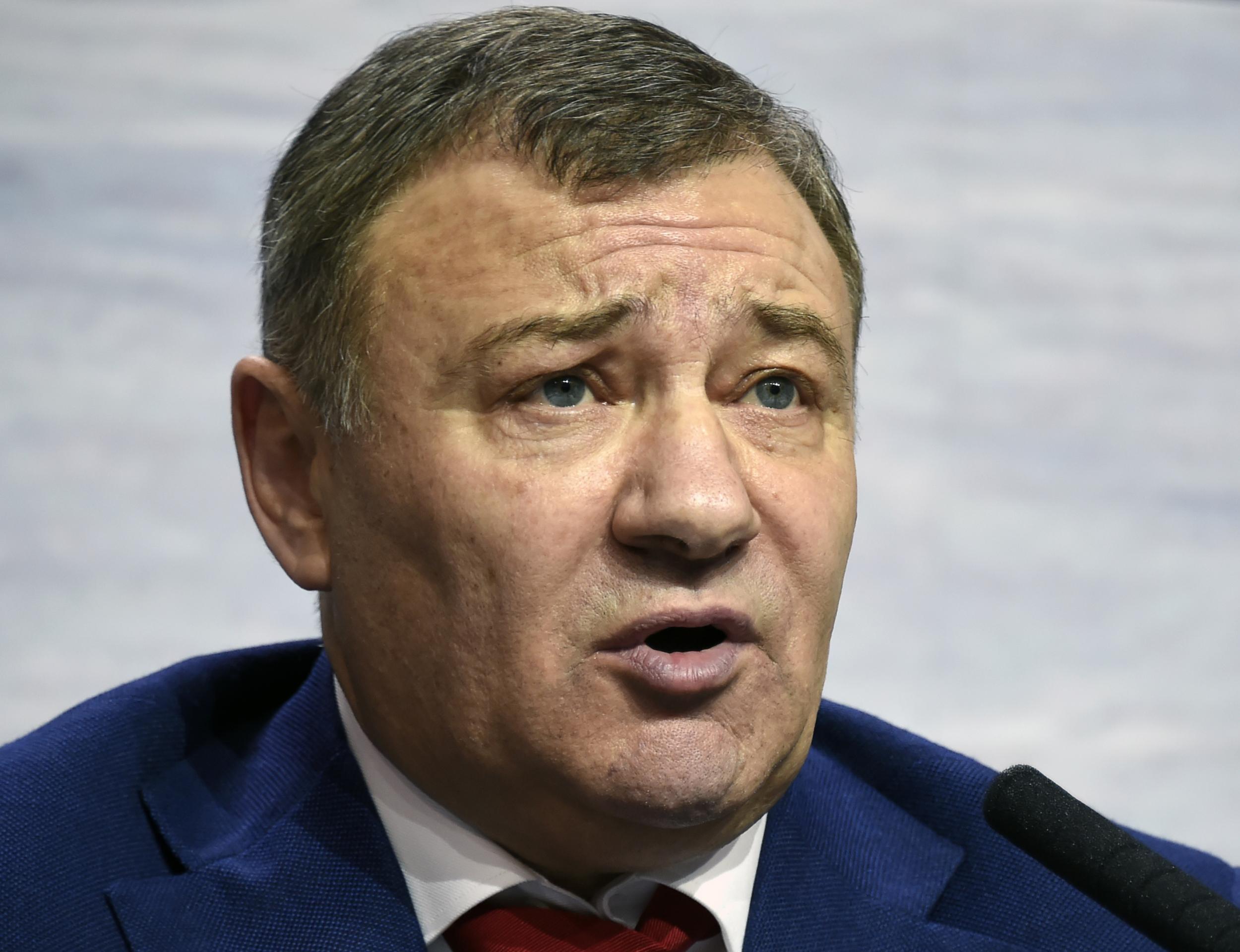Russian businessman and friend of Vladimir Putin loses bid to remain anonymous in dispute over money with his ex-wife
'The press has a duty to uphold the principle of open justice and act as the eyes and ears of the public in the courts'

Your support helps us to tell the story
From reproductive rights to climate change to Big Tech, The Independent is on the ground when the story is developing. Whether it's investigating the financials of Elon Musk's pro-Trump PAC or producing our latest documentary, 'The A Word', which shines a light on the American women fighting for reproductive rights, we know how important it is to parse out the facts from the messaging.
At such a critical moment in US history, we need reporters on the ground. Your donation allows us to keep sending journalists to speak to both sides of the story.
The Independent is trusted by Americans across the entire political spectrum. And unlike many other quality news outlets, we choose not to lock Americans out of our reporting and analysis with paywalls. We believe quality journalism should be available to everyone, paid for by those who can afford it.
Your support makes all the difference.A former judo partner of Russian President Vladimir Putin who wanted to keep his name out of the papers after becoming embroiled in litigation in London has lost a freedom of speech fight in the courts.
Judges have decided that wealthy Russian businessman Arkady Rotenberg, who was involved in a dispute over money with his ex-wife Natalia, can be named in media reports of the case.
Mr Rotenberg, who is in his 60s and is a long-time acquaintance of Mr Putin, argued that his name and that of his ex-wife, should not feature in media reports because of safety concerns.
Journalists disagreed and editors at The Times tried to persuade judges to rule the pair should be identified.
They said he had featured in a public court hearing in the Court of Appeal in London and argued that reporters should be allowed to publish names.
The newspaper’s lawyers, led by barrister Adam Wolanksi, won fights in the High Court and Court of Appeal.
Mr Justice Moor ruled that both Mr Rotenberg and his ex-wife could be named after analysing the dispute at a hearing in the Family Division of the High Court in London.
Appeal judges, who considered the issue at a Court of Appeal hearing in London last year, upheld that ruling.
But they said the media must remain gagged until Supreme Court justices had considered Mr Rotenberg’s arguments.
Supreme Court justices on Friday announced that they would not analyse the case – because it raised no “arguable point of law” – and the reporting bar was lifted.
Mr Rotenberg and his ex-wife had fought over money at hearings in the Family Division of the High Court and the Court of Appeal.
They subsequently reached a settlement.
Four years ago Mr Rotenberg was one of a number of people made the subject of sanctions by European Union ministers.
They froze funds – and imposed a “ban on staying” in EU territories – against people whose “actions” threatened the independence of Ukraine.
A ruling published by the General Court of the European Union described Mr Rotenberg as a “long-time acquaintance” of Mr Putin.
“Mr Rotenberg is a long-time acquaintance of President Putin and his former judo sparring partner,” said the ruling.
“He has developed his fortune during President Putin’s tenure.
“He has been favoured by Russian decision-makers in the award of important contracts by the Russian State or by State-owned enterprises.
“His companies were notably awarded several highly lucrative contracts for the preparations of the Sochi Olympic Games.”
The ruling sited business activities which undermined the “territorial integrity” of Ukraine.
Pia Sarma, editorial legal director for Times Newspapers, said: “Secrecy in the court system is a growing concern.
“The press has a duty to uphold the principle of open justice and act as the eyes and ears of the public in the courts.
“The Times will resist any attempts to erode those principles.”
PA